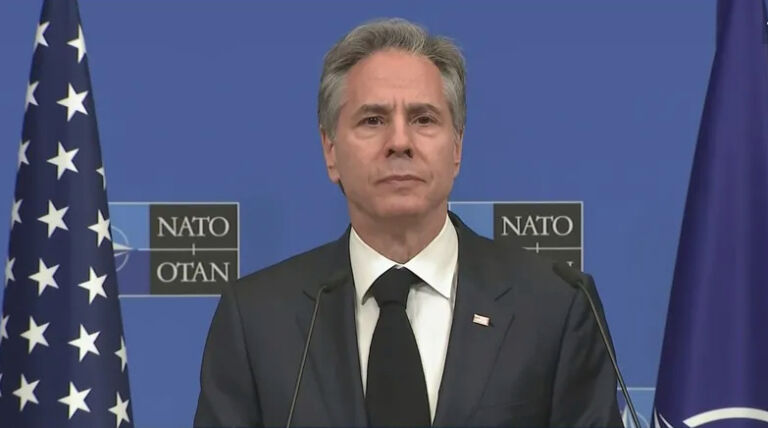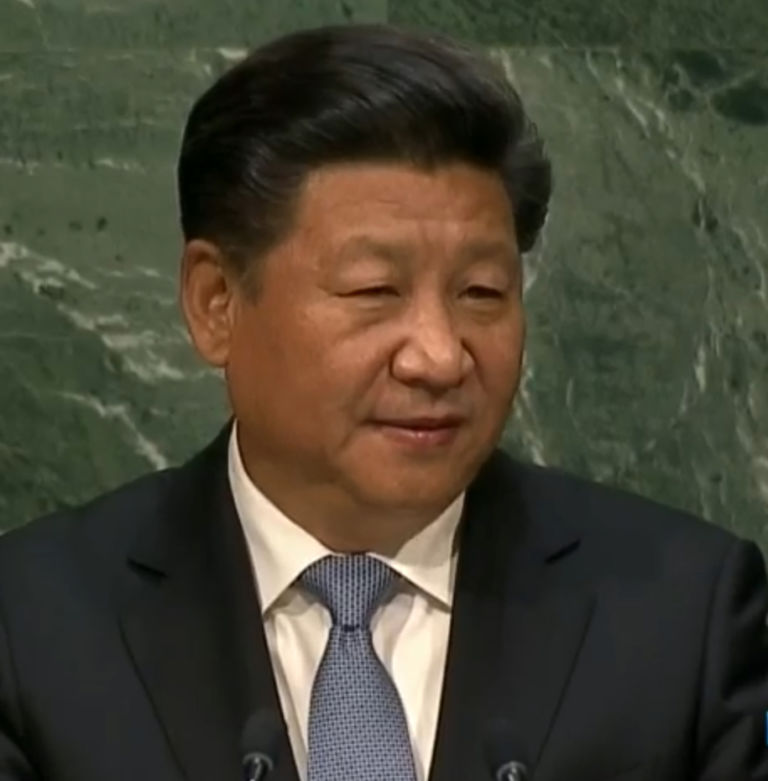Editors at National Review Online take aim at the Chinese economic model.
Everything is going so well for the Chinese economy that the government doesn’t even need to print statistics anymore. What a glorious victory for Comrade Xi!
Of course, the real reason the Chinese government has been releasing less and less economic data over the past few years is that the Chinese economic picture is becoming less and less positive. Rather than release information that would reflect poorly on the CCP, China is just keeping more of it under wraps.
It’s a common tactic in authoritarian regimes. East Germany won praise from around the world for including environmental protection in its constitution in 1968. It then gradually classified its environmental data over the next two decades. When the communist regime fell and the facts came out, it turned out that East Germany had assembled one of the worst environmental records on the planet, with air and water pollution far above the rates in free-market West Germany.
Whenever the communist regime in China falls, expect a similar reckoning about its economic data. The economic data China has released heretofore has likely been doctored. Independent estimates of Chinese economic output based on satellite imaging or energy consumption (which can’t be faked) have consistently found lower GDP estimates than the official numbers.
It was a struggle for Western economies to reemerge from their government-imposed shutdowns, but none of them had a shutdown like China’s. Foreign businesses scrambled for alternatives as the rest of the world began reopening but China remained shut. It was China’s openness to global markets that had made it wealthier, but the signal from the government to foreign businesses was clear: We’re more interested in exerting our authority than doing business with you, a signal it has amplified in other ways, such as in increasing the party’s influence within the operations of foreign companies doing business in China.


